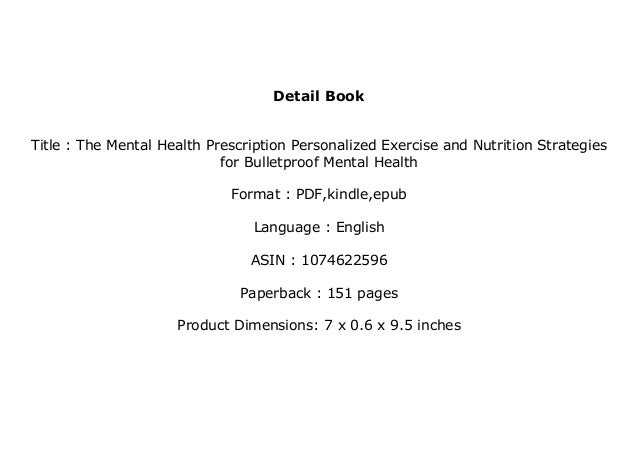

Prescription for Nutritional Healing, Fifth Edition: A Practical A-to-Z Reference to Drug-Free Remedies Using Vitamins, Minerals, Herbs & Food Supplements
Read an Excerpt
Chapter One
Nutrition, Diet, And Wellness
UNDERSTANDING THE BASICS OF NUTRITION
Good nutrition is the foundation of good health. Everyone needs the four basic nutrients—water, carbohydrates, proteins, and fats—as well as vitamins, minerals, and other micronutrients. To be able to choose the proper foods, and to better understand why those foods should be supported with supplements, you need to have a clear idea of the components of a healthy diet.
The Four Basic Nutrients
Water, carbohydrates, proteins, and fats are the basic building blocks of a good diet. By choosing the healthiest forms of each of these nutrients and eating them in the proper balance, you enable your body to function at its optimal level.
Water
The human body is two-thirds water. Water is an essential nutrient that is involved in every function of the body. It helps transport nutrients and waste products in and out of cells. It is necessary for all digestive, absorptive, circulatory, and excretory functions, as well as for the utilization of the water-soluble vitamins. It is also needed for the maintenance of proper body temperature. By drinking an adequate amount of water each day—at least eight 8-ounce glasses—you can ensure that your body has all it needs to maintain good health. (For details on choosing the best water, see WATER in Part One.)
Carbohydrates
Carbohydrates supply the body with the energy it needs to function. They are found almost exclusively inplant foods, such as fruits, vegetables, peas, and beans. Milk and milk products are the only foods derived from animals that contain a significant amount of carbohydrates.
Carbohydrates are divided into two groups—simple carbohydrates and complex carbohydrates. Simple carbohydrates, sometimes called simple sugars, include fructose (fruit sugar), sucrose (table sugar), and lactose (milk sugar), as well as several other sugars. Fruits are one of the richest natural sources of simple carbohydrates. Complex carbohydrates are also made up of sugars, but the sugar molecules are strung together to form longer, more complex chains. Complex carbohydrates include fiber and starches. Foods rich in complex carbohydrates include vegetables, whole grains, peas, and beans.
Carbohydrates are the main source of blood glucose, which is a major fuel for all of the body's cells and the only source of energy for the brain and red blood cells. Except for fiber, which cannot be digested, both simple and complex carbohydrates are converted into glucose. The glucose is then either used directly to provide energy for the body or stored in the liver for future use. If a person consumes more calories than his or her body is using, a portion of the carbohydrates consumed may be stored in the body as fat. Due to complex chemical reactions in the brain, eating carbohydrates has a mild tranquilizing effect, and can be beneficial for people who suffer from seasonal affective disorder and/or depression.
When choosing carbohydrate-rich foods for your diet, always select unrefined foods such as fruits, vegetables, peas, beans, and whole-grain products, as opposed to refined, processed foods such as soft drinks, desserts, candy, and sugar. Refined foods offer few, if any, of the vitamins and minerals that are important to your health. In addition, if eaten in excess, especially over a period of many years, the large amounts of simple carbohydrates found in refined foods can lead to a number of disorders, including diabetes and hypoglycemia (low blood sugar). Yet another problem is that foods high in refined simple sugars often are also high in fats, which should be limited in a healthy diet. This is why such foods—which include most cookies and cakes, as well as many snack foods—are usually loaded with calories.

-
-
-